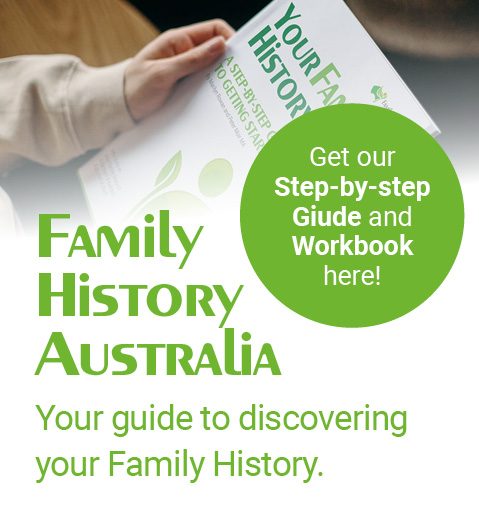
My mother got up this morning and, as is her habit, swam 20 laps of her local 50m seaside pool. Not particularly remarkable until I mention it’s her birthday today. Happy 80th birthday, mum!
As I wrote last time, my mother was the pioneer family historian in our family. She is one of those remarkable people who have an affinity with older generations. As a single 20-something, after her grandfather died, she moved in with her grandmother to look after her. When she married and we came along, we stayed – so I spent my childhood years in the home of my great-grandmother. I didn’t appreciate what a privilege that was until much later in my life. But thanks to my mother and her interest in the stories of her older relatives, I was given a pretty good start in my family history journey of discovery.
|
My Grandmother and her sisters and brother on the back verandah of the house where I grew up a few decades later |
Extracting and recording the memories of older relatives is probably the most valuable research job you will ever do – and should be among the first things done! No matter how many documents you collect, or how many places you go and buildings you see, nothing will match the richness of the information that will come from listening to people tell their stories.
The Christmas-New Year period is an ideal time to catch up with relatives and make a start. Here are a few ideas to get you going:
- Make a time and a place, use an audio recorder or video camera (or even a phone these days) and start talking and listening. The less you say and the more they say the better. Try not to finish their sentences, or interrupt their thought patterns. Their reminiscences can take you to places you never even knew about.
- Have a list of questions to ask, but these are just “starters” really. What you want is to get them talking. Ask leading questions rather than those with simple answers. “What was school like?” is much better than “Where did you go to school?” – although you will probably want to know that as well!
- Talk to their long-standing friends as well. Sometimes the best stories come from the people who weren’t directly involved – if there are any family skeletons, often times the family themselves simply didn’t talk about it. But other people did!
If your relatives are reluctant, or shy, or uninterested, just visit with them regularly. Talk about old photos, or steer the conversation to people and places from long ago. Talk about your school days so that they will start talking about theirs. Take notes or write things down straight after you’ve finished. Keep a notebook with you always – you never know when you might be presented with a genealogical treasure.
What are your experiences when interviewing older relatives?

 PLACE AN ORDER
PLACE AN ORDER


